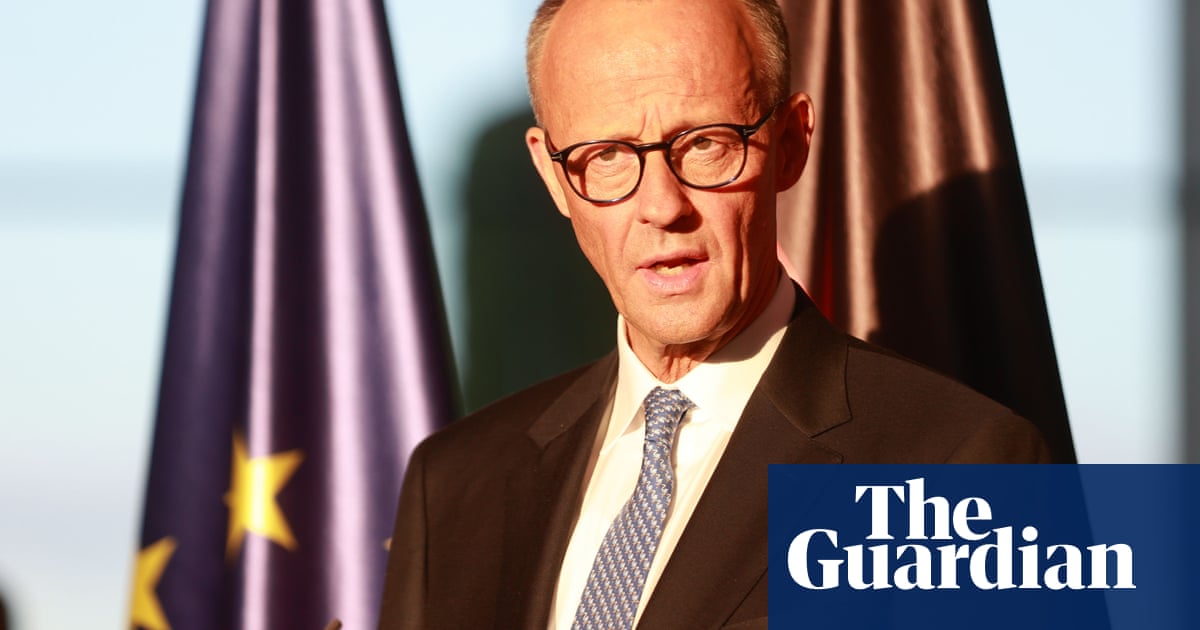Friedrich Merz: A New Leadership Era in Germany
Germany’s political landscape is experiencing a seismic shift following the election of Friedrich Merz as the new chancellor. Having led the conservative CDU/CSU alliance to victory in February’s elections, Merz is now at the helm of Europe’s largest economy. His leadership comes at a time when domestic and international political tensions are palpable, particularly with ties to the United States becoming a focal point for discussions.
The Rise of the AfD and U.S. Interference
A notable aspect of this recent electoral cycle is the growing influence of the Alternative for Germany (AfD), a far-right party that garnered over 20% of the vote—its strongest showing yet. This rise has raised eyebrows both inside Germany and beyond, especially as certain American political figures publicly endorsed the AfD. Elon Musk, the controversial technology billionaire, and U.S. Vice President JD Vance have notably supported the party, igniting debates over the implications of foreign endorsement in domestic affairs.
In light of this, Merz has taken a firm stance, cautioning the United States to “stay out” of German politics. His comments reflect a sense of urgency and clarity, as he tries to navigate the complexities of a political environment that is increasingly susceptible to external influences.
Merz’s Reaction to U.S. Comments
Merz has condemned what he termed “absurd observations” coming from the U.S. regarding the AfD, though he refrained from specifying which statements he found objectionable. His call for the American government to respect German sovereignty is both a protective measure for his administration and a reflection of his awareness of the delicate balance that comes with U.S.-German relations. In an interview with ZDF, Merz emphasized that he did not meddle in the American election process that brought Trump to power, advocating for mutual respect in political affairs.
The Implications of the AfD’s Classification
The AfD’s designation as a “right-wing extremist” party by Germany’s domestic intelligence agency has sparked additional controversy. U.S. Secretary of State Marco Rubio labeled this classification “tyranny in disguise,” calling on Germany to reassess its approach to such parties. Merz and the German Foreign Ministry have pushed back against this criticism, asserting that the decision stems from thorough investigations aimed at protecting democracy and the rule of law.
The tension between these two nations not only highlights differing political philosophies but also underlines a fundamental clash over what constitutes extremism and how to handle it.
A New Political Era
As Merz settles into his role, the challenge of leading a nation with a significant far-right faction remains. His commitment to addressing right-wing extremism points to a more assertive approach. He emphasizes that history has taught Germany important lessons about the dangers of extremist ideologies, and his administration will carry this awareness into future legislation and policy-making.
A Call for Cohesion
Merz’s assertion that America can distinguish between extremist parties and centrist politics is a call for understanding amid turmoil. His balancing act will require diplomatic finesse as he manages expectations both domestically and internationally. He aims to show that unified governance can overcome the fractious elements within the AfD and similar parties.
As Friedrich Merz picks up the mantle of leadership, the world watches closely. His administration’s ability to navigate these tumultuous waters will not only shape the future of Germany but also redefine its role on the global stage.


